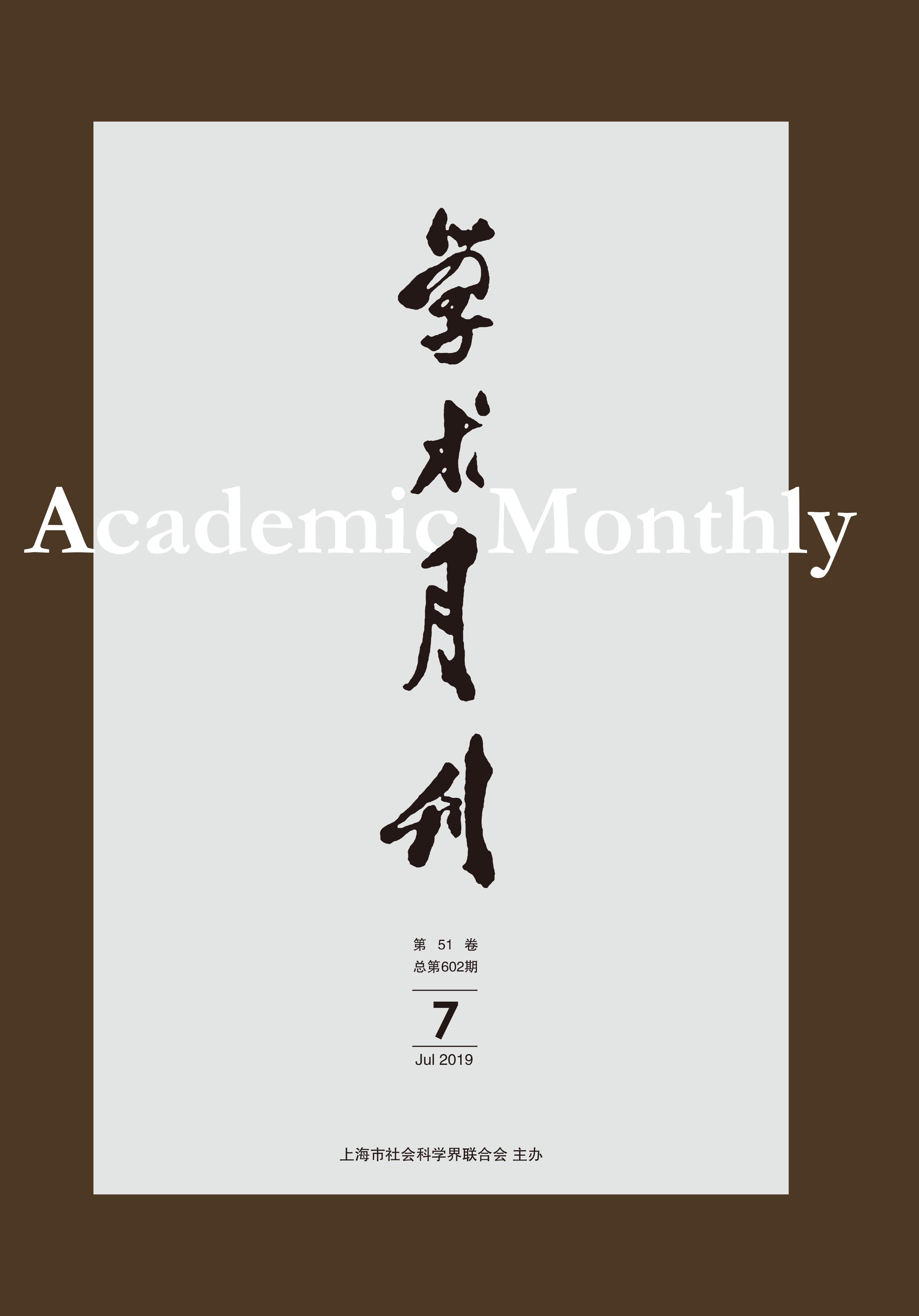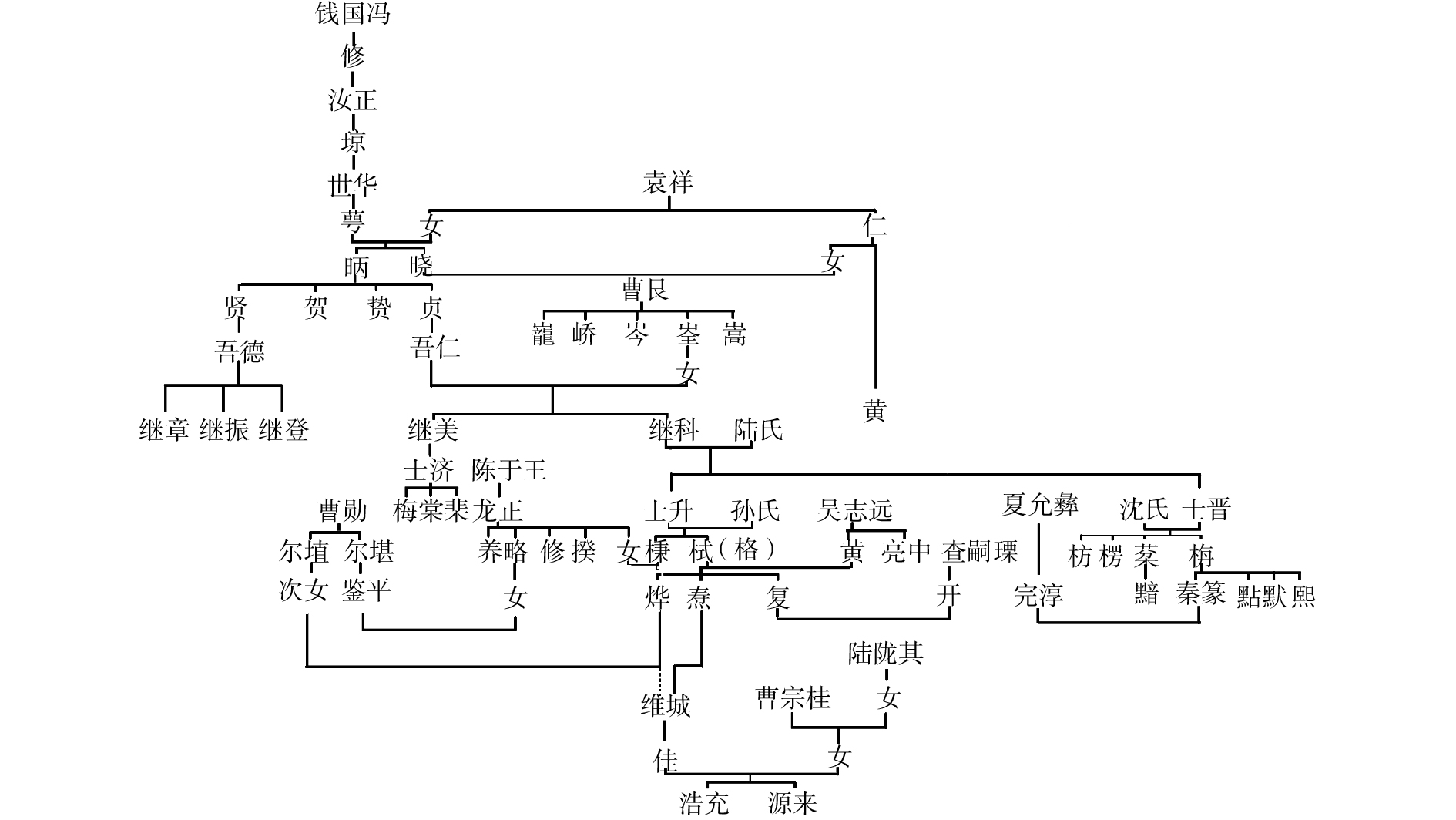People as the Core of Clan: The Kingship Network and Political Changes of the Qian’s Family in Weitang During the Transition Period from Ming to Qing Dynasties
- Available Online: 2019-07-01
Abstract: Prominent families greatly propelled the development process of the local societies in Jiangnan during the late Ming period. Through their local activities, we can tease out their most important affinity networks and the link relations between them. In Jiashan County, Zhejiang Province, since the main powerful families as the Qian all held high fidelity towards the empire, the " lineage society” monopoly on county administrations didn’t exist in the local society. After the Manchu troops’ invasion of Jiangnan, those families and their members suffered complicated vicissitudes, which reflected the political impulse of the local society and the literati’s feelings for home and country in the dynasty transition period. Thus, the Qian’s life stories can help us explore and understand the literati’s life situations and ways of survival during the Ming-Qing transition. Their interactive networks related to social identities and local orders not only shaped the form of the local society but also influenced the primary alteration of the local history. The Qian’s family had established a relatively stable way of life in its long-term development, with rich family heritage, similar faith and shared cultural atmosphere. Within the social structure based on kinship, the representative figures of the Qian family served as " linkage”, showing impacts on various aspects of social and cultural life, and constructed a sort of " Micropower” network of extreme complexity. It is because there was such a social class with " structural forces” in a specific life environment and regional society, none other than the official literati became the local representative since the late Ming Dynasty.




 沪公网安备 31010102003103号
沪公网安备 31010102003103号 DownLoad:
DownLoad: